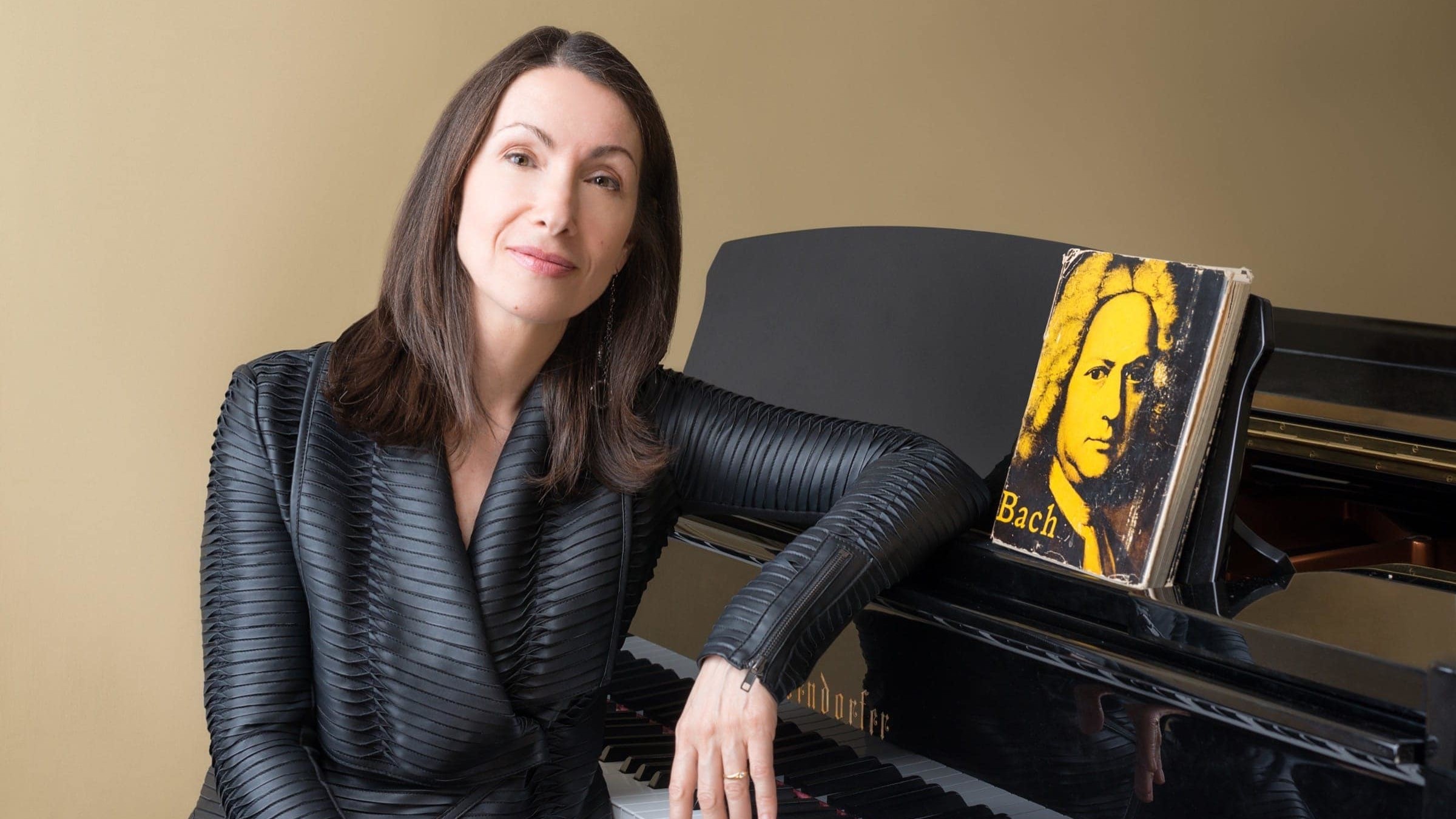Fanfare Magazine’s Raymond Tuttle finds new understanding of Bach’s Brandenburg Concertos in The Brandenburg Duets:
“Some readers might be aware that Max Reger transcribed Bach’s six Brandenburg Concertos for piano duet a little more than a century ago. He did so, at the request of a publisher, in hopes of making Bach’s music more available to music-lovers (not necessarily professionals) whose knowledge of Bach and access to his music were limited—as they were more likely to be at that time. The project was regarded as blasphemous by some Bach purists, and although it has been recorded occasionally, it does not seem to have caught on.…
So why a new transcription? Pianist Eleonor Bindman explains, in a booklet note accompanying this release, that she finds Reger’s transcriptions flawed—“the upper, Primo part is crammed with notes and the bottom, Secondo part is too sparse by comparison.” Bindman’s goal was “to create a transcription which highlighted the polyphony, imagining how Bach might have distributed the score if he intended to create four-part inventions for piano duet.” I never disliked hearing Reger’s transcriptions, although pianists might have disliked playing them, particularly if they were stuck with the secondo part. That said, Bindman’s transcriptions have a clarity and a cleanliness that Reger’s lack, although Bindman’s and Lin’s playing no doubt also is a contributing factor.…
Some listeners will enjoy reading Bindman’s comments on what particular challenges each concerto presented. She hopes that these transcriptions will be published in 2021, and notes that she intentionally did not make them so difficult that they would be out of the reach of many amateur pianists. Nevertheless, these are not easy to play, but Bindman and Lin are up to the task. Fast movements are played crisply, but not with brittleness, although the pianists play the opening movement of the Sixth Concerto in a more legato fashion, and use the sustaining pedal—a necessary choice, Bindman writes, given the concerto’s violin-less scoring. The slow movements are not Romanticized, but are duly lyrical. The two pianists equally divvy up the primo and secondo parts. I can’t say that I enjoyed hearing this any less than I enjoy hearing Bach’s originals.”
